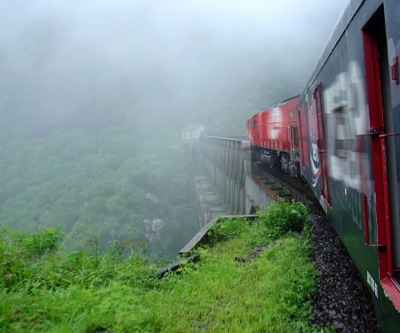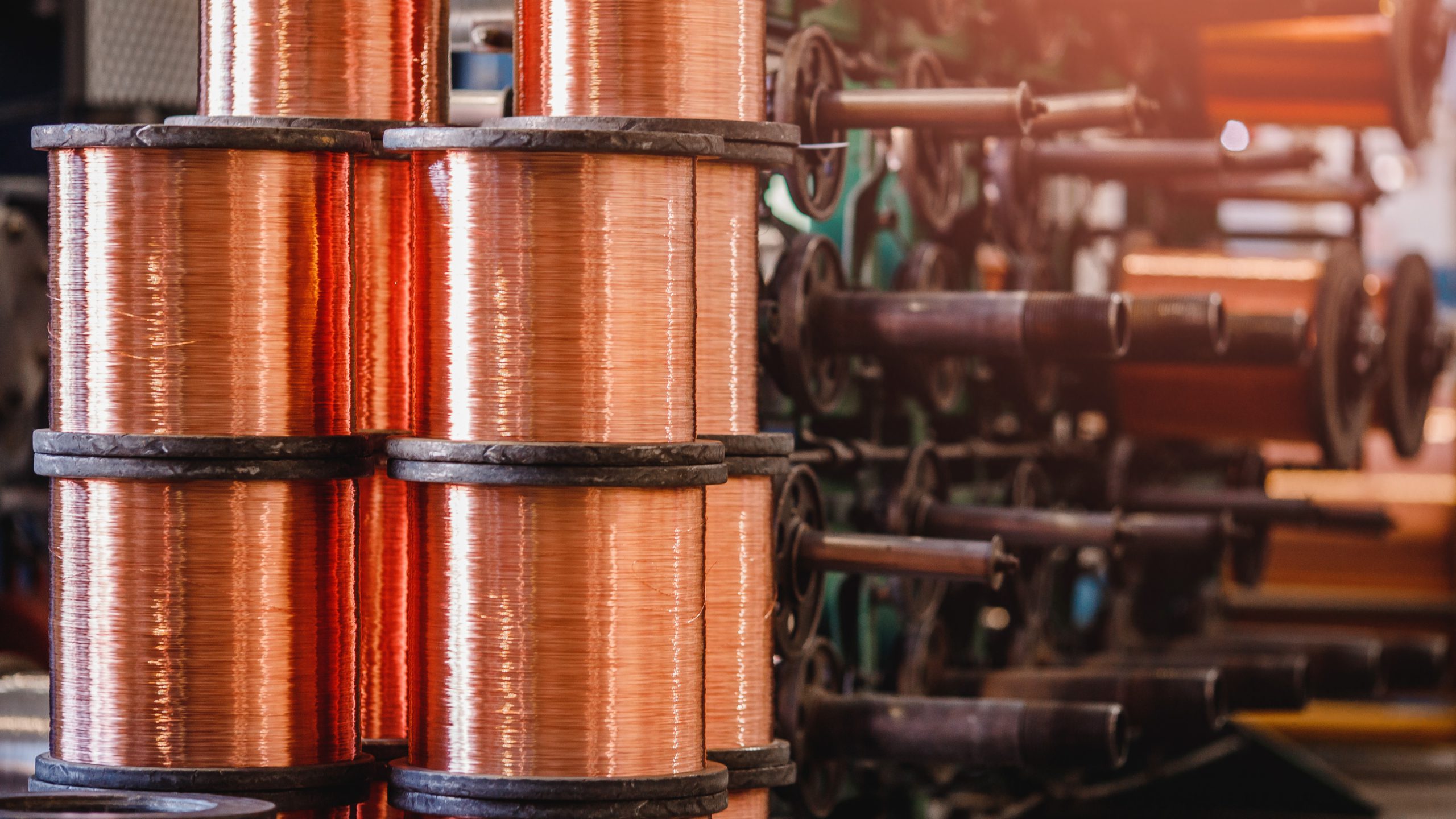Vale gets green light for railway expansion

On Monday Brazil’s Vale (NYSE:VALE), the world’s number one iron ore producer, was granted an environmental permit to expand the Carajás railroad (EFC), a key part of its plans to increase iron ore production in the Amazon.
The South American country’s environmental regulator will let Vale extend the Carajás railway by 786 km and increase capacity to 230 million tons of iron ore a year, up from 130million tons, the company said.
EFC carries nearly 10% of the world’s sea-borne iron-ore exports, or about one-billion tons a year, from the mine complex at Carajás to the Port of Ponta da Madeira in the Brazilian state of Maranhão.
Vale added that the more than 90 environmental licenses it has obtained this year are allowing Vale “a step change” in the quality and quantity of its future iron ore production at operational costs below current levels.
The miner was granted a preliminary environmental license for the new mine in June, but has run into problems with the project.
In June the company won a court order that overturned an earlier decision forcing work to be suspended because of environmental concerns. Last month, Brazilian indigenous groups protesting the expansion of Carajás blocked transport for three days.
The “S11D”, as the new pit in the Carajás complex is known, is a truly gargantuan project that will see the Brazilian giant commit almost $20 billion over the next few years.
The Carajás complex is the largest iron ore deposit in the world with 7.2 billion tonnes in proven and provable reserves – that’s a more than $700 billion contribution to the Brazilian economy at today’s prices.
S11D would not only lower Vale’s overall costs at the operation, but also improve the average quality of the ore it mines.
Vale plans to spend $8 billion to develop the mine and build a new processing plant, as well as $11.4 billion to expand the railroad and local port to allow it to ship the steel-making ingredient to important markets in Asia using its massive Valemax carriers (400,000 deadweight tonnes).
To ameliorate the planned works’ environmental impact, Vale said it would transport iron ore from the mine to the processing plant via 37km of conveyor belts instead of using trucks. At the moment the mine mills 300,000 tonnes per day.
The Rio de Janeiro-based company added S11D would produce 90 million metric tonnes of iron ore – adding some 30% to Vale’s current output – and begin operations in 2016.
Image: Train in the tropical forest of South of Brazil.
More News
{{ commodity.name }}
{{ post.title }}
{{ post.date }}

Comments